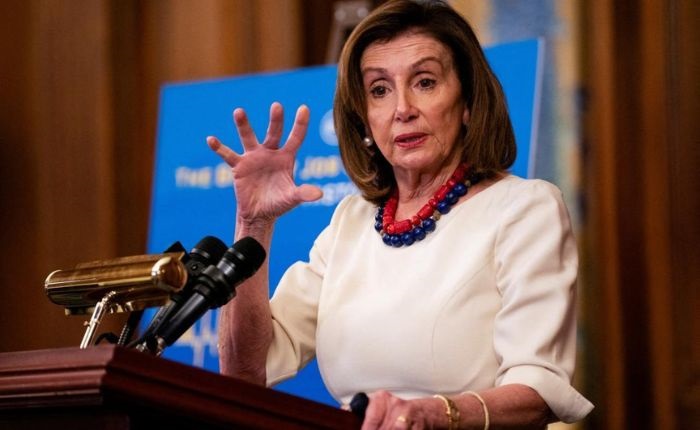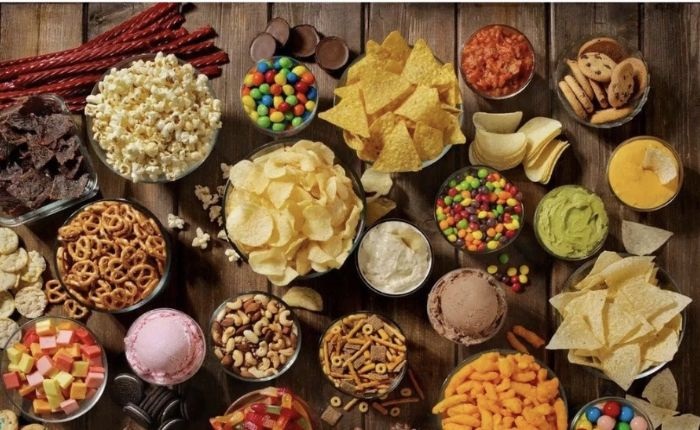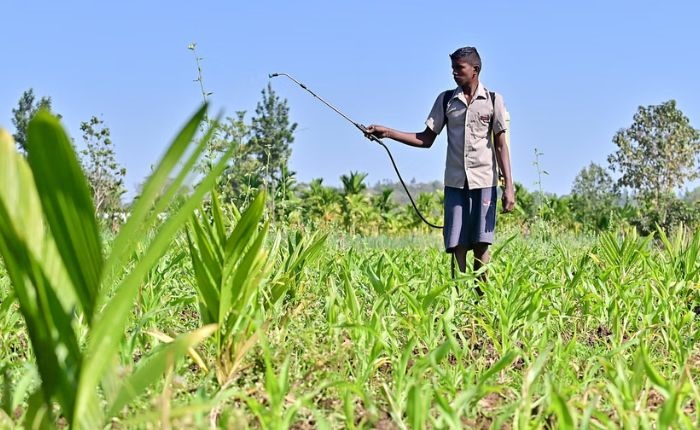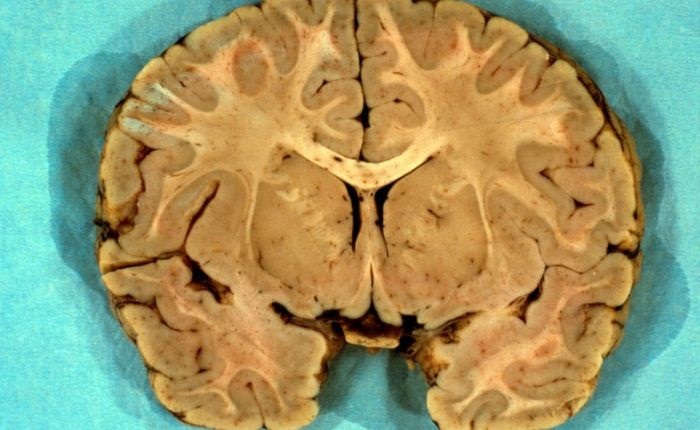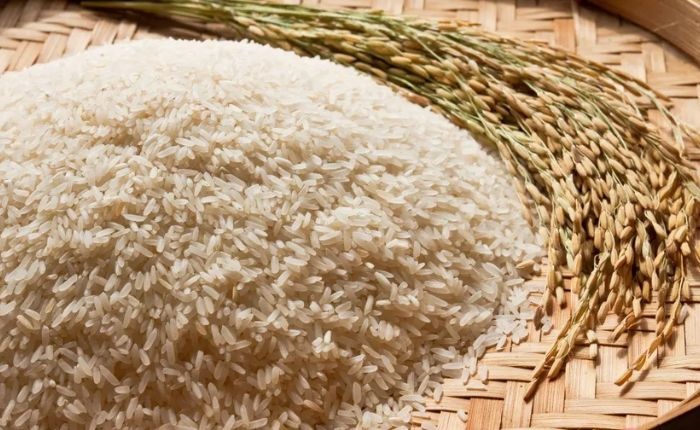The U.S. economy shrank in the first quarter of the year, surprising analysts and raising concerns. A major factor was a surge in imports, as businesses rushed to stock up on goods before new tariffs were enforced. This sudden increase affected overall economic growth. While consumer spending remained solid, rising trade tensions and uncertainty around future policies have made economists
US economy shrinks in first quarter as tariffs unleash flood of imports





